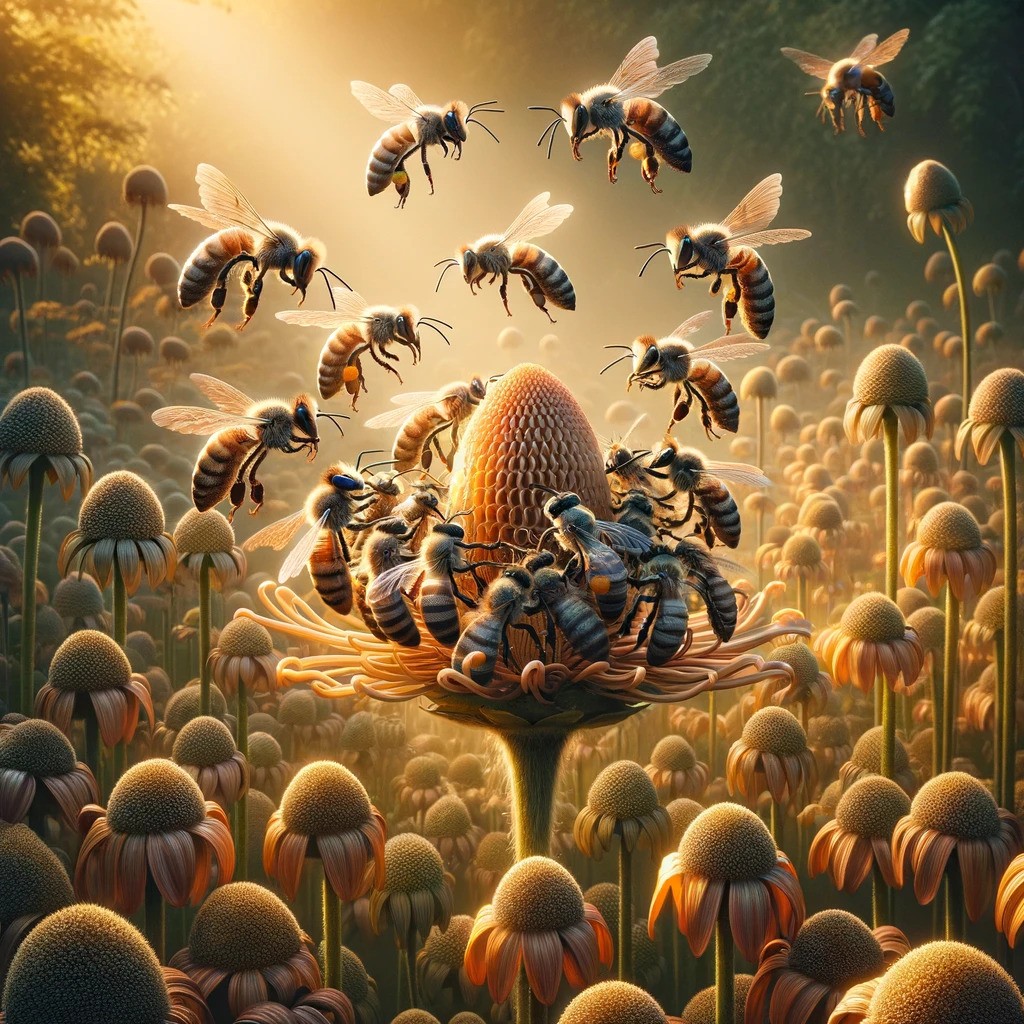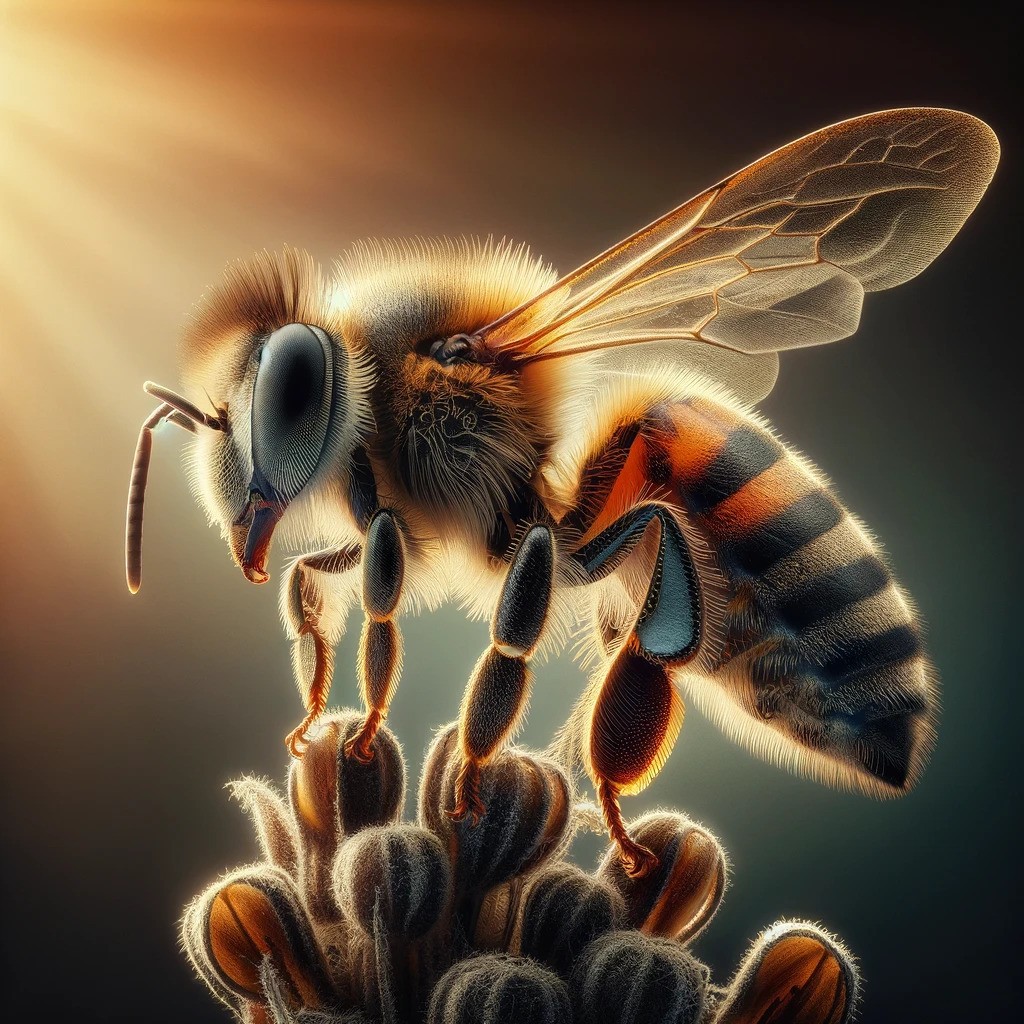As the natural sources of nectar and pollen dry up in late autumn, bees can become desperate for food.
Leaving your unused frames or supers outside might seem harmless now, but it can actually trigger one of the bees’ most aggressive behaviors.
What is Robbing?
Robbing occurs when bees from one hive invade another in search of resources.
It’s a natural behavior, but it can lead to chaos, hive conflicts, the loss of honey stores, and ultimately, the collapse of the defending hives.
In some cases, stronger hives may entirely overwhelm and rob weaker ones, leaving the latter devastated.
This often results in unnecessary stress on your colonies, which are already preparing for the challenges of winter.
Why Outside Supers and Frames Pose a Problem
When you leave honey frames or supers outside, you inadvertently create a magnet for your bees.
The smell of honey and residual food can spark their robbing instincts, prompting them to seek out any accessible resources.
Once this behavior starts, it’s almost impossible to control and can quickly spread from one hive to another, leading to conflicts.
Safe Practices for Late Autumn
To avoid triggering robbing in your apiary:
Store Supers Properly: Keep all unused frames and supers in a secure, indoor storage area.
Feed Bees Carefully: If you need to supplement their food, do so inside the hive or in a controlled manner and never outside (especially during autumn).
Limit Openings: Ensure that hive entrances are reduced and secure, which helps colonies protect their space more effectively.
Preventing Robbing for a Calm Winter
As a beekeeper, your role is to provide a stable environment, especially as winter approaches.
By keeping all frames and supers securely stored and feeding your bees only inside their hive, you reduce the chances of triggering a robbing frenzy.
A peaceful autumn means a stronger, healthier colony ready for the winter months ahead.














